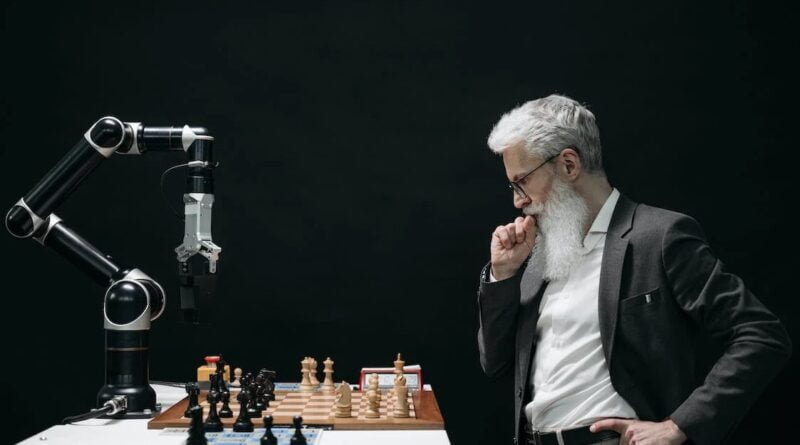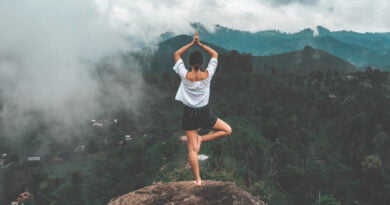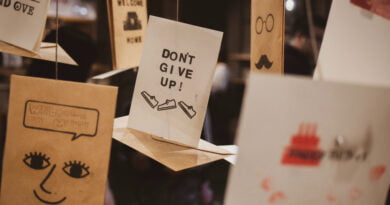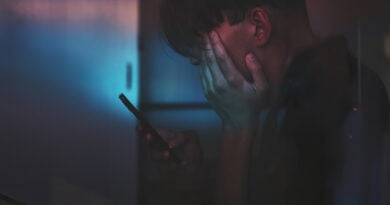Can Artificial Intelligence Affect Our Creativity?
The impact of AI on human creativity is a complex and nuanced topic. While AI has the potential to enhance creativity in many ways, there are also concerns that it could potentially decrease human creativity under certain circumstances.
It’s important to note that the debate is not a binary one, and the impact of AI on creativity can vary greatly. It depends on the context, the specific AI technologies used, and how they are integrated into creative processes. Many creatives and experts advocate for a balanced approach, where AI can be a tool that can enhance and augment human creativity rather than replace it.
Some of the positive effects include,
Inspiration: AI can analyze vast amounts of data and generate ideas, images, or music that can inspire human creators. It can expose artists to new concepts and styles.
Automation of Repetitive Tasks: AI can handle repetitive and time-consuming tasks, freeing up human creators to focus on more innovative and creative aspects of their work.
Augmented Creativity: AI tools can act as creative assistants. They can suggest ideas, designs, or improvements to humans.
Democratizing Creativity: AI-powered tools can make creative fields more accessible to a broader range of people by simplifying complex tasks and reducing the need for extensive training.
Inclusivity: AI can help overcome physical limitations in artistic expression, enabling people with disabilities to engage in creative activities they might have otherwise found challenging.
While challenges to creativity appear,
Dependency on AI: Overreliance on AI-generated content may stifle human creativity by making creators dependent on AI tools and limiting their originality.
Algorithmic Bias: AI systems may inherit biases from their training data, which can perpetuate existing stereotypes and limit the diversity of creative output.
Loss of Personal Touch: AI-generated content can lack the personal touch, emotional depth, and unique human perspective that make art and creativity meaningful.
Ultimately, the role of AI in creativity is still evolving, and its impact will depend on how creators, industries, and society choose to navigate these opportunities and challenges. The debate reflects the complex and multifaceted nature of the relationship between AI and human creativity.
Ps: This post is written solely by AI.




